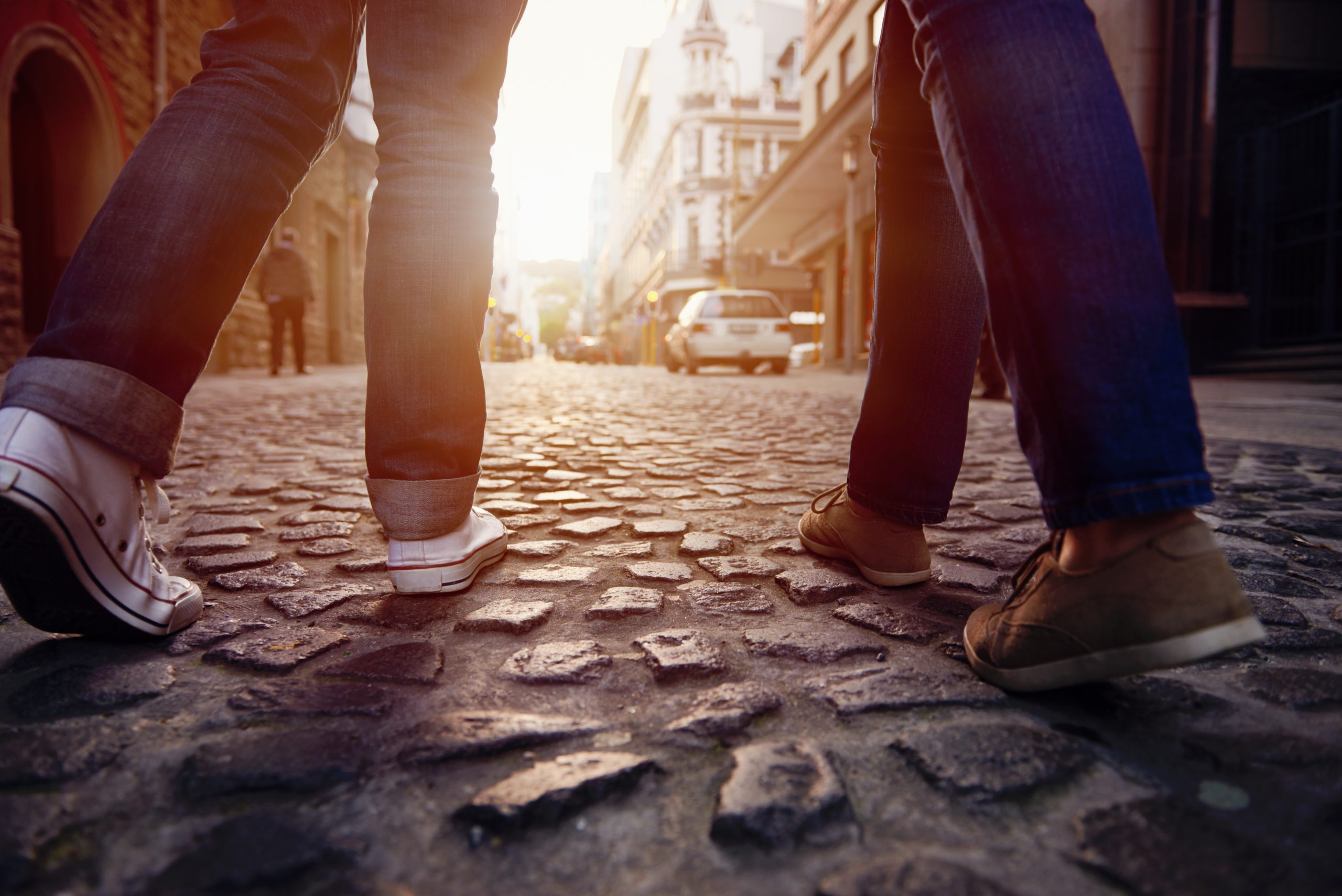In cities across the world, the streets tell stories—stories of triumph over adversity, resilience, and transformation. Invisible Cities, a breakthrough organization, transforms these stories into one-of-a-kind walking tours conducted by former homeless guides. Let’s look at the transforming journeys of people like Miles who create alternative walking tours that serve as catalysts for life-changing shifts, and how these tours shine light on the underbelly of city life.
A catalyst for change: the transformational power of Invisible Cities
Miles, who struggled with alcoholism and faced the crumbling end of a 20-year banking career and a 30-year marriage, reached a turning point in 2019 when he attended a lecture by Invisible Cities during his rehabilitation. Invisible Cities has helped teach 118 formerly homeless people to become tour guides, providing them with not just a new source of income but also a revitalized sense of purpose.
Miles reflects on this pivotal moment: “This was the opportunity that first helped me back onto a path of a ‘normal’ life again, and having a purpose. I probably wouldn’t be where I am today without the opportunity Invisible Cities gave me.”
Guiding with purpose: creating personal narratives through tours
Invisible Cities guides embark on a mission to develop “alternative walking tours” based on unique topics that represent their own stories. The training procedure goes beyond historical knowledge to include public speaking and customer service abilities. These tours cover LGBTQI history, prominent women, protest culture, witchcraft, and the evolution of crime and punishment in UK cities.
Miles, for example, investigates health and wealth in York, linking it to his own experiences with addiction and financial ruin. He discusses the buildings that have created the city, making connections between successful ventures like St. Leonard’s Hospital, one of the first UK hospitals ever built back in medieval times, and the societal impact of firms such as Terry’s Chocolate and Rowntree’s.
Financial empowerment for guides and community initiatives
The funding basis of Invisible Cities’ tours includes participants paying up to £15 (approximately $19), which supports both the guide and the organization’s efforts to hire more guides who were previously homeless. Grant programs and other training possibilities empower guides to take external courses or create businesses of their own.
Sponsored free community tours help to increase the impact. In 2023, 569 people from the Ukrainian community and poor neighborhoods took free visits, demonstrating the organization’s commitment to diversity.
Social impact beyond tours: addressing community issues
Miles and other guides incorporate shifting city dynamics into their tours, covering themes like gang-related drug dealing and accessibility challenges. Beyond visitor interactions, Miles cultivates links with institutions, incorporating his tour into social policy curricula and drawing medical experts to learn about the city’s support structure for homelessness and addiction.
“I love being able to share the underbelly of our city,” Miles says, emphasizing the significance of keeping the narrative fresh and lively.
Expanding horizons: the social franchise model
Founder Zakia Moulaoui Guery’s aim goes beyond individual success stories. The social franchise approach works with current homeless organizations to ensure authenticity and goal alignment. The concept has facilitated partnerships in cities such as Cardiff, in association with The Wallich, Wales’ largest homeless charity.
As Invisible Cities contemplates an expansion to Liverpool and the Scottish Borders, the emphasis remains on trusted partnerships rather than raw visitor numbers. The organization is targeting towns such as Oxford, Cambridge, Aberdeen, and Dundee, motivated by a desire to use tourism to promote social fairness and equality.
Not all trainees become guides on their trip through Invisible Cities. However, the impact goes beyond guided tours; some participants contribute to tourism trade shows or pursue other opportunities. Moulaoui Guery underlines the value of guiding going on, which represents personal development and the pursuit of dreams.
Miles, aside from his success as a guide, is now sober, lives in his own apartment, and has helped to form a nonprofit organization that addresses homelessness and poverty.
Despite the change in tour frequency, he remains actively involved, adding, “I don’t want to stop doing the tours.” He says that he continues to enjoy them and that he doesn’t want to leave the team, emphasizing the “family feel” that they cultivate together.











